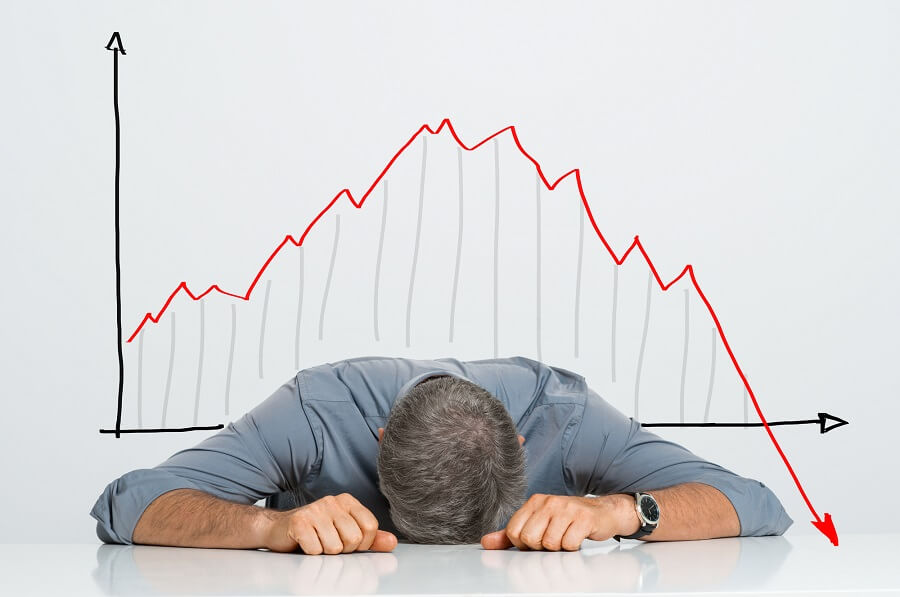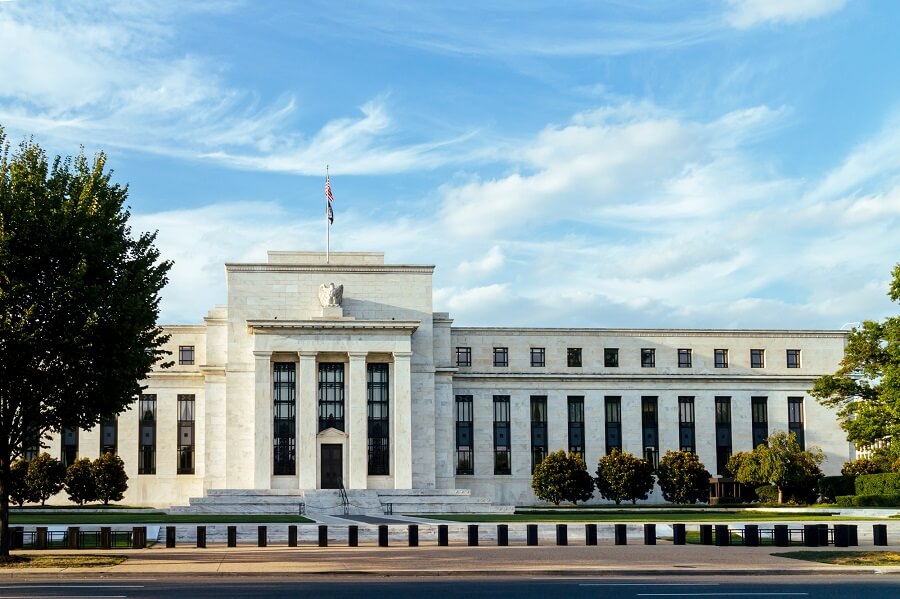Your Tax Brief…What’s the Latest?

Capitol Hill is producing more drama than Hollywood. We’ve got bold statements, ultimatums, cliff-hangers, and confusing sequels.
Third Quarter 2021 Market Review and Commentary

Please find below our quarterly market review and commentary for the 3rd quarter 2021. We hope you find it helpful. Let us know if you have any questions.
Week In Perspective: Tough Week for Stocks [01-Oct-21]

Selling momentum returned to the stock market this week amid a host of concerns, including rising rates and valuations, which saw all major indices fall.
Will Inflation Kill Stock Returns?

You may be wondering whether stock returns will suffer if inflation keeps rising. Here’s some good news: Inflation usually is not bad news for stocks.
Investors Are Anxious

Investors are often conflicted about record-high stock prices. They are pleased to see their existing equity holdings gain in value but apprehensive that higher prices somehow foreshadow a dramatic downturn in the future.
Stocks Suck in September

Stocks suck in September. Ok, maybe not 100% of the time, but generally speaking September is the worst month for stocks. And this one is bad so far.
Week In Perspective: S&P 500 Closes Lower Despite Good Data [17-Sep-21]

The S&P 500 (-0.6%), Nasdaq Composite (-0.5%), and Dow Jones Industrial Average (-0.1%) ended the week with modest declines, while the small-cap Russell outperformed with a 0.4% gain.
Don’t Let the Tax Tail Wag the Dog

There are perhaps no two topics as controversial as deficits and taxes. Differences in political and social opinions on these issues are almost guaranteed to lead to heated discussions, even among otherwise calm individuals.
Week In Perspective: Sellers Take Over in Shortened Week [10-Sept-21]

The stock market had a tough four-day week, with the S&P 500 losing 1.7% and closing lower in each session as buyers appeared exhausted.
Don’t Fear the “Taper”

Markets are increasingly concerned about tighter monetary policy by the Fed and its impact on valuations, interest rates and more. Don’t fear it.
Week In Perspective: Nasdaq Stands Out in Quiet Week [3-Sept-21]

The stock market started September on a quiet note after an equally quiet finish to August. The S&P 500 added 0.6% for the week while the Nasdaq outperformed, gaining 1.6%. The Dow lagged throughout the week, shedding 0.2%.
What Is a Meme Stock?

Anyone watching the markets closely at the beginning of this year saw that certain stock prices soared overnight, and it usually wasn’t because these businesses had suddenly revamped their strategies and business models.
We Could be in for a Long Market Cycle

The average market cycle has lasted between 5 and 12 years over the past 40 years. Although the recovery has been swift, growth trends suggest that the market cycle can still go a long way.
Week In Perspective: Bull Market Bounces Back to Highs [27-Aug-21]

The S&P 500 (+1.5%) and Nasdaq Composite (+2.8%) set record highs every day this week, except for Thursday, accentuating the bull market’s persistent ability to overlook concerns and attract buying interest.
China’s Brutal Crackdown

Are you familiar with Jack Ma or Alibaba? If you follow emerging markets or Chinese companies then you most certainly are.
